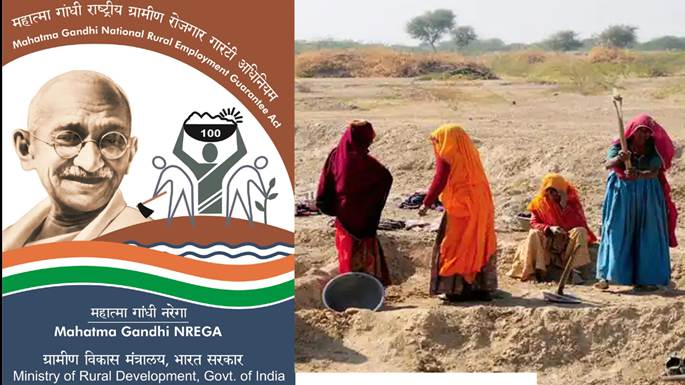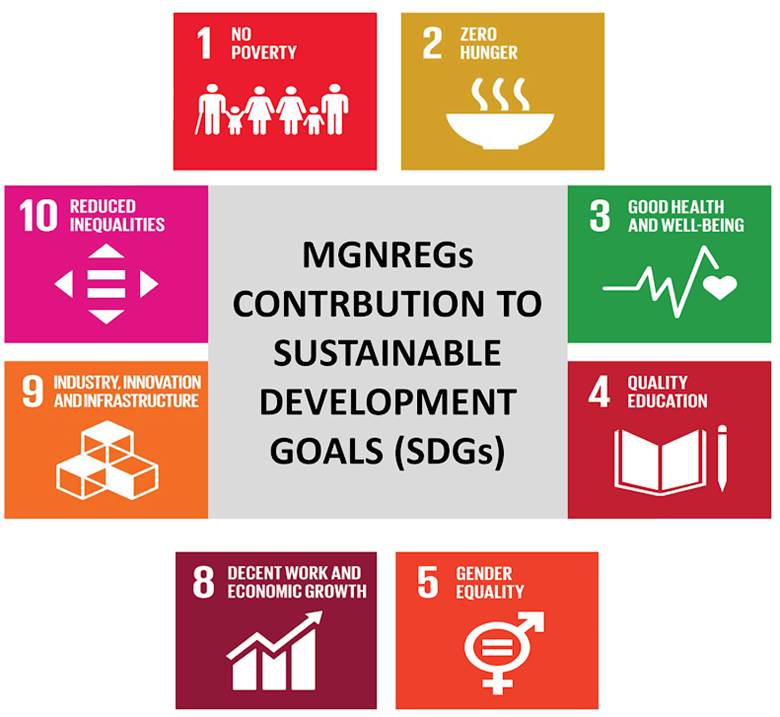Free Courses Sale ends Soon, Get It Now


Free Courses Sale ends Soon, Get It Now



Copyright infringement not intended
In News
Details
Key suggestions made in the Report
Mahatma Gandhi National Rural Employment Guarantee Act (MGNREGA) 2005
Constitutionality of MGNREGA
Significance of MGNREGA

https://epaper.thehindu.com/Home/ShareArticle?OrgId=GOLAF6D0R.1&imageview=0
https://t.me/+hJqMV1O0se03Njk9
© 2024 iasgyan. All right reserved